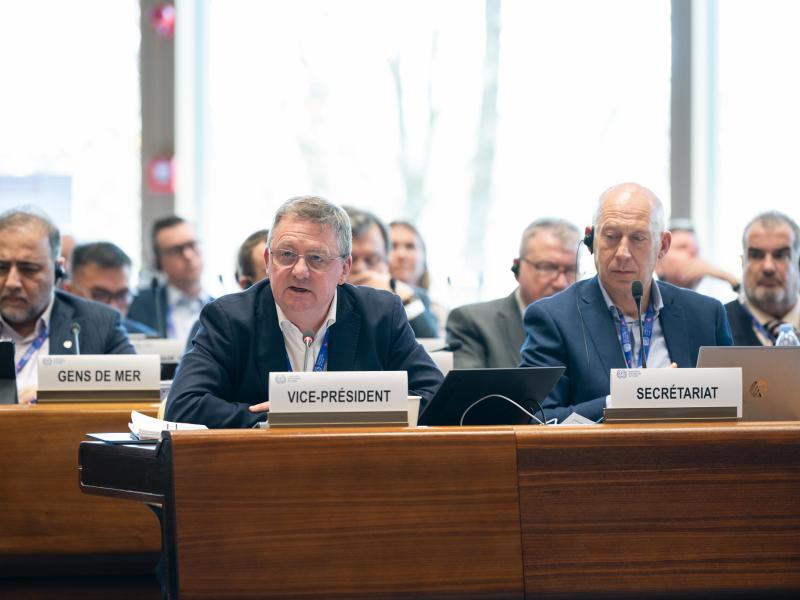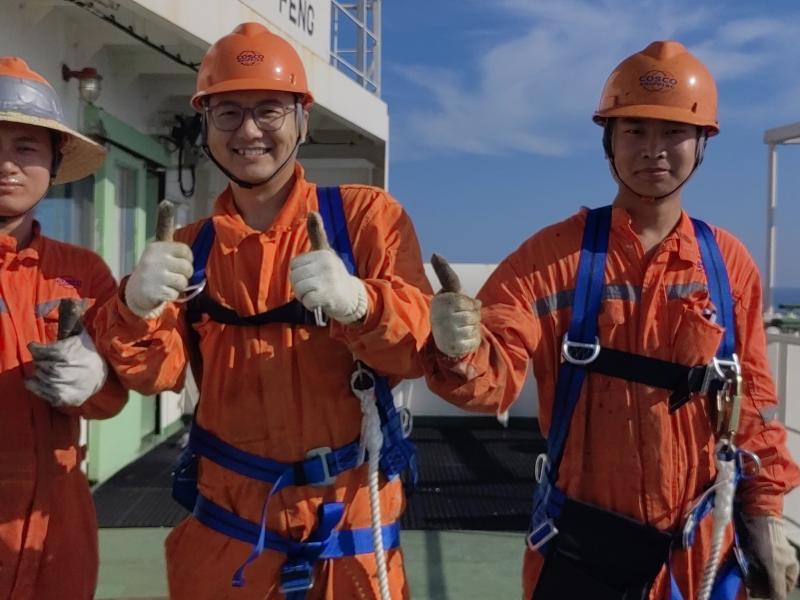Transport unions from around the world are meeting this week in Johannesburg in the largest global meeting of transport workers’ representatives from the rail, road and urban transport sectors.
Unions are tackling key issues impacting transport workers globally, from solidarity-based strategies to eliminate xenophobia in Southern African road transport, through to developing socially-just trade union approaches to combat the underlying causes of the industries current crisis: chronic underinvestment, cuts to services, deregulation and privatisation.
The International Transport Workers’ Federation (ITF), the democratic, global union federation of 670 transport unions in 147 countries, representing over 18 million transport workers across the globe, is this week, holding its Railways, Road and Urban Transport Conferences in Johannesburg, South Africa, hosted by ITF’s South African affiliates SATAWU, NUMSA and DETAWU. The conferences will be attended by over 500 delegates from 90 countries and 185 national trade unions.
Unions at the three conferences are developing transformative policies and programmes to shift the balance of power from capital to workers in each sector. These are based on a common recognition that we must take responsibility for transforming our sectors, making them socially and environmentally sustainable.
“Building cooperation and unity between unions in road, rail and urban transport gives us the capacity and strength needed to lead the industrial and political changes that transport workers and our society need,” said Stephen Cotton, ITF General Secretary.
“Worldwide, our societies were ravaged by Covid-19, which led not only to a continuing health crisis but also increased wealth inequality in and between countries, and now, in a post-pandemic phase where cost of living is spiralling out of control in many countries, workers and their unions are demanding that governments put workers’ and society’s demands first.”
“Transport workers are being asked to shoulder the burdens of the pandemic and its aftermath, from rising fuel prices to cuts in public spending and services, to the deepening climate crisis. Despite this, transport workers and their unions are putting forward solutions for the collective crises we face and fighting back against the increasingly aggressive assaults on fundamental labour rights by governments and employers.”
ITF’s 2022 Global Poll showed the public overwhelmingly supports union demands on transport, with a larger percentage believing governments are failing their citizens in handling transport issues generally.
In South Africa, the Poll shows that almost 2 in 3 people believe that their government is handling transport badly in an economic system that 76% of people say favours the wealthy, despite 78% of South Africans saying they’re worried about access and affordability of public transport (more than any other country in the survey). However, the South African public recognises the importance of transport in their country, with 96% believing transport is important to the country’s economy, 94% saying transport is important for improving life in cities, 96% saying transport is important for reducing economic inequality and 90% believing transport is important for uniting people.
Jack Mazibuko, General Secretary, SATAWU said: “It is important to have this ITF conference on our soil. It represents a critical point in which we as organised labour should practise the values of international solidarity and consolidate our collective efforts to end the continued fragmentation and exploitation of workers in the sector.”
Irvin Jim, General Secretary, NUMSA said: “In South Africa, there is a meagre subsidy where a household that does not have someone who works, is treated as an indigent who can have access to free or subsidised municipal services, which may vary depending on means-testing criteria in different municipalities. ‘Indigent households’ can have access to at least 50 kWh per month of electricity; 6000 litres of water and a R50 subsidy for basic sewerage and sanitation. However, there is no mechanism that ensures such households can have access to free transport services as happens in parts of the developed world."
"If you do not work, you are not expected in town. Which resembles our Apartheid past where black people were treated with contempt and racial prejudice. That is why in our country, race is a class issue. The urban transport crisis we are seeing, where the majority of the working class are unable to access safe, affordable reliable transport, is the tip of the iceberg. There is a broader, deeper crisis that can no longer be postponed if we are to find a permanent solution. Where the liberation movement won political power without economic power. ”
The ITF Road Transport Conference passed an emergency motions focused on particular challenges for transport workers in Africa, including:
- A motion on eliminating xenophobia from Southern African road transport, committing to ‘organising, campaigning and advocacy activities against racial capitalism in all its forms, which has been used to exploit and oppress the working class both in southern Africa and across the world’.
- A motion on decent road safety on African road in light of several recent dramatic road accidents (in Senegal, Ivory Coast, Benin and other countries) and attacks by armed groups (in Burkina Faso, Niger, Mali, DRC, Mozambican buses in South Africa and Cameroonian trucks in the Central African Republic).
Unions this week have passed and will present important motions on:
- Defending transport workers’ jobs pay and conditions
- Improving long-distance passenger transport
- Winning greater investment in public transport and the need for public ownership
- Strengthening safety and health in public transport workplaces
- Ensuring the transport workers ‘get home safely’
- Expanding and investing in metro organising
- Demanding the electrification public transport workers want
- Driving LGBT+ equality in the public transport sector worldwide
- Disability equality in the railway sector worldwide
For more information, please contact:
Luke Menzies, ITF, +447770728229, media@itf.org.uk
Amanda Tshemese, SATAWU, 0629457217
Phakamile Hlubi-Majola, NUMSA, 0833767725, phakamileh@numsa.org.za



